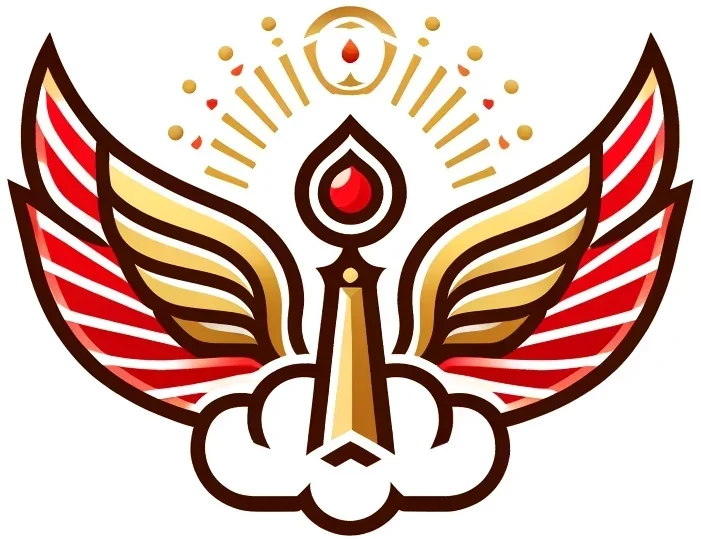From The Gospel of Asha: Unmasking the Shadow God and Reclaiming the True Light
1. A Jealous God Demands Worship
The figure of YHWH in the Hebrew Bible presents a striking contrast to Ahura Mazda and the God Jesus revealed. Rather than embodying light, free will, and universal truth, YHWH demands exclusive loyalty, declares Himself to be the only god, and often uses fear and punishment as tools of obedience.
“You shall have no other gods before Me… for I, the LORD your God, am a jealous God.”
— Exodus 20:3–5
“The LORD, whose name is Jealous, is a jealous God.”
— Exodus 34:14
This deity doesn’t ask for understanding or moral alignment. He demands submission, rooted in fear, not love.
2. A God Who Creates Evil
In a startling declaration, YHWH claims full authorship over both good and evil:
“I form the light and create darkness, I make peace and create evil; I the LORD do all these things.”
— Isaiah 45:7 (KJV)
Contrast this with the Gathic vision of Ahura Mazda, who creates through Spenta Mainyu, the force of goodness, while evil comes from Angra Mainyu, the destructive spirit — not from Ahura Mazda Himself.
In the Zoroastrian worldview:
- Good and evil are not moral tools of a single god, but cosmic opposites.
- God is purely good, not morally ambiguous.
3. Commands to Kill and Destroy
YHWH frequently orders total destruction — not just of armies, but of entire peoples, including children and animals.
“Now go and smite Amalek… kill both man and woman, infant and suckling.”
— 1 Samuel 15:3
“Do not leave alive anything that breathes.”
— Deuteronomy 20:16
These are not actions of a wise, loving Creator. They are commands of a tribal war-god, seeking racial purity and absolute control.
4. Ritual, Sacrifice, and Blood
YHWH establishes a complex legal system based on:
- Animal sacrifice
- Blood rituals
- Punishment for minor infractions (including death for Sabbath-breaking, see Numbers 15:32–36)
But Jesus quotes Hosea directly:
“I desire mercy, not sacrifice.”
— Matthew 9:13; Hosea 6:6
Jesus rejects this entire system. He sees it for what it is: a distortion.
5. Jesus Confronts the Lie
In John 8, Jesus addresses the religious leaders who claim to follow YHWH:
“You are of your father the devil… he was a murderer from the beginning and does not stand in the truth.”
— John 8:44
This is a direct confrontation. Jesus sees the god these leaders serve — the god of murder, fear, and deceit — and exposes him.
He doesn’t name YHWH, but the implication is undeniable:
The god of blood, fear, and control is not the Father of Light.
6. The Mask of the Lie
Throughout history, the Shadow God has worn many masks:
- In the Old Testament: as YHWH, issuing tribal commands and violence.
- In later theology: as the “Father” of Jesus, despite contradiction.
- In politics: as a justification for conquest and law.
But the fruit exposes the root.
Jesus said:
“Every good tree bears good fruit, but a bad tree bears bad fruit.”
— Matthew 7:17
And the fruits of YHWH’s system are plain:
- Division
- Oppression
- Justified violence
- Fear-based worship
7. The Way Back to the Light
The time has come to strip away the mask — to expose the god who hides behind holy names. The true God, the one Jesus reflected and Zoroaster proclaimed, is not the one who demands blood, but the one who calls the soul to truth.
This is not about denying scripture — it is about discerning spirits.
“Test the spirits to see whether they are from God.”
— 1 John 4:1
The Gospel of Asha invites us to do just that.
Full Series Overview: The Gospel of Asha
- The Unmasking — Ahura Mazda, Jesus, and the Lie Hidden in Religion
- The Gospel of Asha — How Jesus Reflects the Gathic Vision
- The Shadow God in Scripture — YHWH and the Mask of the Lie
- Frashokereti and the Light Beyond the Cross
